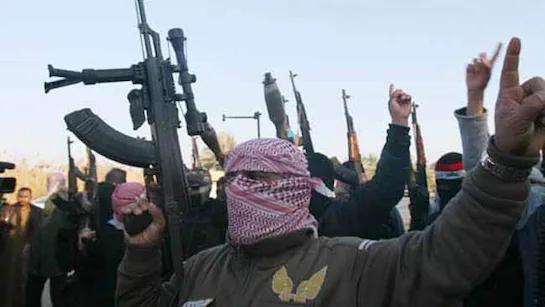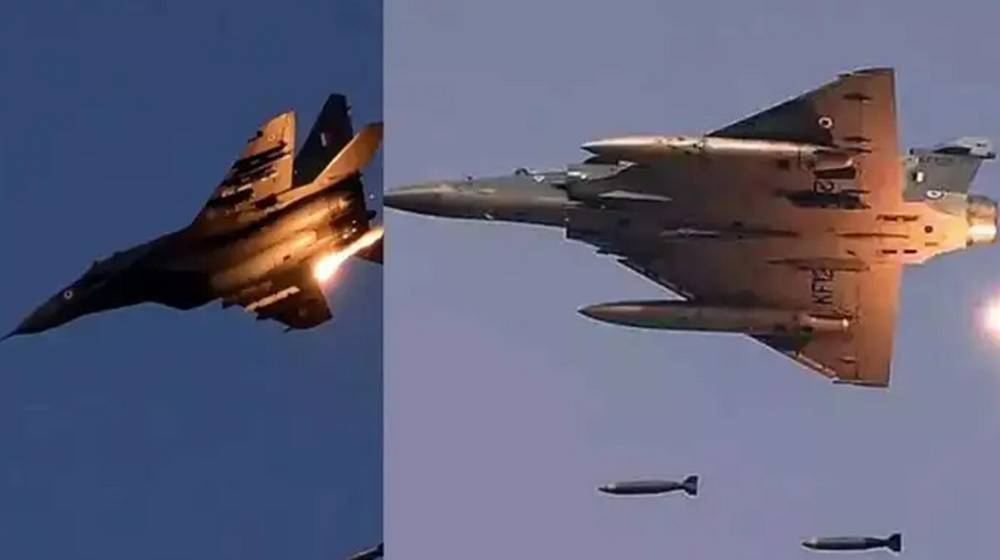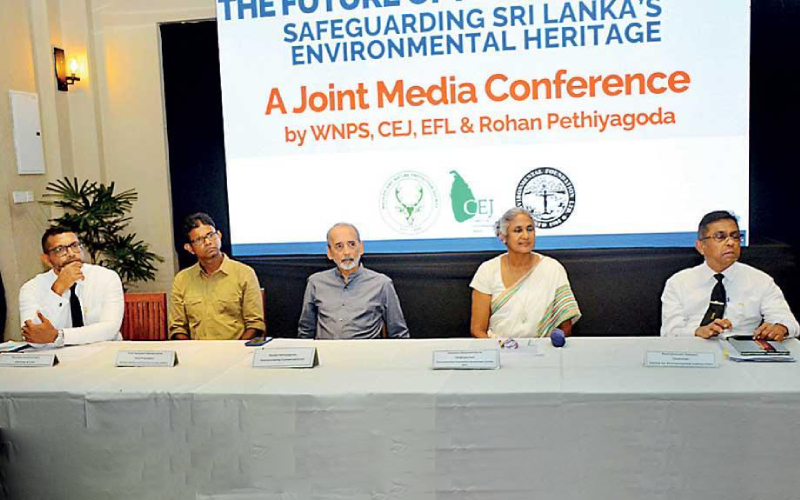In a calculated and strategic move, India has launched Operation SINDOOR, targeting Islamic “terrorist infrastructure” in Pakistan and Pakistan-Occupied Kashmir. These groups have consistently posed a persistent and significant threat to India’s national security. The operation was undertaken as a measured and “non-escalatory” response to recent Pahalgam attacks that claimed the lives of numerous Indian civilians.
The global fight against terrorism has consistently underscored that the sovereignty of a nation cannot serve as a shield for harboring extremist elements. A precedent for such measures was established after the 9/11 attacks on the Twin Towers. On October 7, 2001, then-President George W. Bush announced the commencement of U.S. military operations in Afghanistan. These strikes, strategically targeted at al-Qaeda training camps and Taliban military strongholds, set a global standard for counter-terrorism measures.
The aftermath of 9/11 marked a pivotal moment in modern history, heralding a new paradigm under the banner of the Global War on Terror (GWOT). In a globally resonant response, President George W. Bush underscored the collective responsibility to combat terrorism, declaring:
“The attack took place on American soil, but it was an attack on the heart and soul of the civilised world. And the world has come together to fight a new and different war—the first, and we hope the only one, of the 21st century. A war against all those who seek to export terror and a war against those governments that support or shelter them.”
In the years since, the international community has continued to grapple with acts of terror that threaten global peace and security. Recently, a surprise attack by Hamas-led terror attacks on Israel resulted in the tragic loss of over 1,200 civilian lives, prompting Israel to initiate a military operation in Gaza—a conflict that remains unresolved. Similarly, on April 22, a Pakistan-based terrorist group attacked Indian civilians near Pahalgam in Kashmir, killing 26 people, most of whom were tourists, and injuring over a dozen others.
These events compel the international community to reflect on a vital question: What sets these terrorist attacks apart, and how can India pursue a robust and principled response without resorting to military measures?
The connection between Pakistan and the fostering of terrorism becomes increasingly evident when considering a critical question: where was Osama Bin Laden, the mastermind of the 9/11 attacks, ultimately found? In May 2011, U.S. Navy SEALs conducted a high-profile operation in Abbottabad, Pakistan, raiding an Al Qaeda compound and killing Bin Laden, one of the world’s most wanted terrorists, in his hideout. This mission, which disregarded Pakistan’s sovereignty, set a global precedent by demonstrating that cross-border terrorism requires decisive action beyond national boundaries. In this context, India’s cross-border military operations draw meaningful parallels and deserve similar recognition.
The revelation that Bin Laden found shelter in Pakistan, despite being responsible for the deaths of nearly 3,000 Americans, highlights the country’s troubling nexus with transnational terrorism. Pakistan’s investigative report, authored by a judge-led commission following bin Laden’s death, shed light on systemic gaps that allowed him to evade detection. The 336-page document emphasised that Al Qaeda does not operate in Pakistan in a vacuum, but because it has a friendly environment.
The report further identified key figures such as Lashkar-e-Toiba (LeT) leader Hafeez Saeed and Afghan Taliban leader Mullah Omar as Bin Laden’s allies, both of whom maintained close ties with Pakistan’s Inter-Services Intelligence Directorate (ISI). It also traced the roots of extremism in Pakistan to the “dark era” of General Zia-ul-Haq, whose policies left behind a legacy of radicalism and militant infrastructure.
A closer examination of historical patterns reveals Islamabad’s prolonged reliance on groups such as Lashkar-e-Toiba (LeT), Jaish-e-Mohammad, and Harakat ul-Mujahedin to train and deploy militants aimed at undermining India’s national security. Sources indicate that the Pakistani Army and ISI have regarded LeT as their most reliable proxy in advancing strategic interests against India.
LeT’s activities have left a profound mark on India’s security landscape. The group, which orchestrated the 2008 Mumbai attacks that claimed 166 lives, gained international notoriety for its role in one of South Asia’s most devastating terror incidents. Other attacks, including the 2001 assault on the Indian Parliament and the 2006 Mumbai train bombings, have also been attributed to the same network.
India’s commitment to combating terrorism has been unwavering since the December 2001 attack on its Parliament, with sustained military operations targeting the “nerve centres” of extremist activities in Pakistan. However, the recent tragedy in Pahalgam serves as a sombre reminder of the enduring threat posed by Pakistan’s proxy networks.
India’s counter-terrorism efforts are not solely confined to South Asia. While addressing regional threats, these actions also align with the broader global war on terrorism. The persistence of such acts calls for a unified response from neighbouring nations and the international community. Acts of terrorism jeopardise not only regional stability but also the delicate peace in the Indo-Pacific, highlighting the urgent need for collective vigilance and cooperation.




